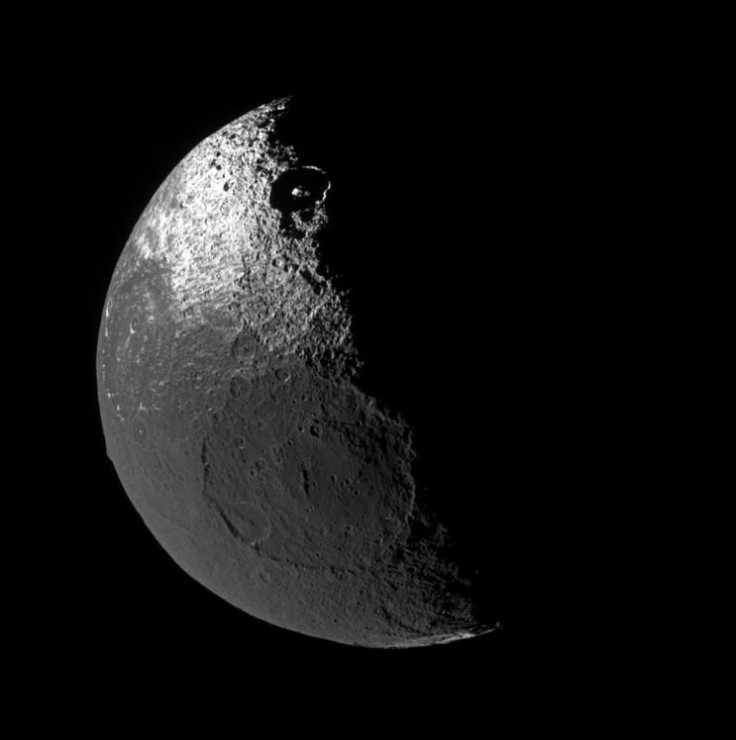NASA, China Race To Build Research Station On 'Dark Side Of The Moon'

China has officially joined NASA and the European Space Agency (ESA) in the race to the south pole of the Moon. According to officials of the China National Space Administration (CNSA), the country aims to establish a robotic outpost on the southern lunar region within the next couple of years.
The upcoming expedition will be spearheaded by the sixth mission in the CNSA’s Chang’e lunar program. Chang’e 6, which is expected to launch sometime in 2023 or 2024, will be a robotic lunar mission. Its objective will be to collect samples from the Moon’s south pole, Space.com reported.
The mission will then be followed by Chang’e 7, which aims to deploy a lander to study the environmental conditions in the targeted region. Then, in 2027, the CNSA will launch Chang’e 8, which will begin the construction of China’s robotic outpost on the Moon.
“Through these missions, a robotic scientific research station prototype will be built on the Moon,” Chunlai Li of China’s National Astronomical Observatories and Chinese Academy of Sciences said in a statement.
“Exploration targets will shift focus from development of space technology, to space science and space applications,” Li added.
The south pole of the Moon has been considered as a prized target by various space agencies due to the region’s unique characteristic. Studies have shown that the area is rich in water ice that accumulated on the floors of polar craters.
Aside from serving as a vital water supply for future lunar colonies, it can also provide hydrogen and oxygen, which are the main components of rocket fuel. In other words, an outpost on the Moon’s south pole could be used as a jumping point for deep-space missions.
Although reaching the Moon seems like a race for the various agencies, Li noted that the CNSA is open to collaborating with NASA on certain aspects of the mission.
“Both sides can start cooperating on aspects such as exchange of scientific data and space situational awareness information,” Li stated. “China also looks forward to exploring more opportunities to cooperate with NASA to preserve the space environment for generations to come.”
© Copyright IBTimes 2024. All rights reserved.





















